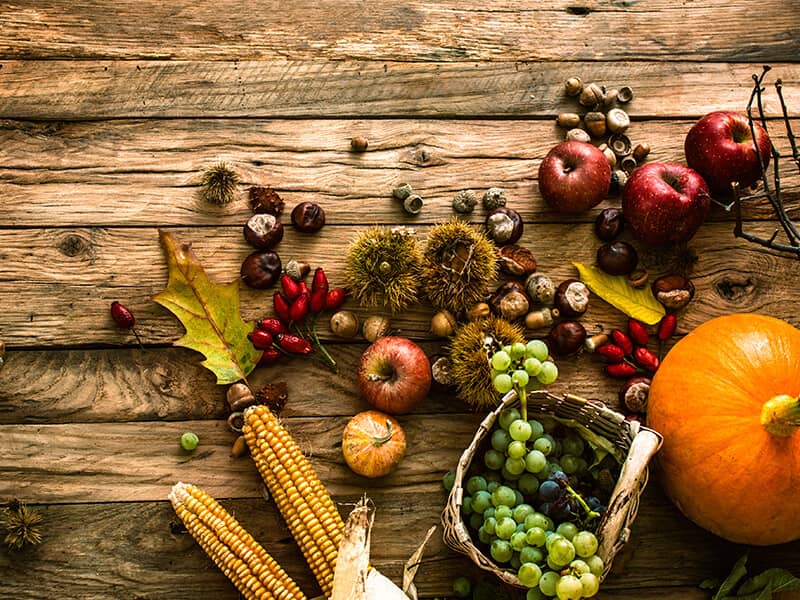This naming madness stems from the way in which Judaism determines who are Jews. For persons with one Jewish and one non-Jewish parent, it comes down to which is the Jewish one. If it's your mom, you're in. If it's your dad: Sorry, goy.
Reform Judaism fudges on the border, saying children of Jewish fathers can be "Jews" if they are "raised Jewish" (whatever that means). For our conference, we were forced to use the unwieldy but less potentially offensive "mixed Jewish and non-Jewish heritage" in our title. Yes, the Half-Jewish Club is holding a groundbreaking conference on Nov. 9 and 10 at Brown. It's free, non-ideological and open to anyone. There will be ample opportunities to talk about family relations, the history of intermarriage, the ethnicity versus religion question and more. Perhaps most important, it will be a space for taking our non-entity and forcing a recognition that we exist, even if only amongst ourselves.
It was precisely that sense of non-existence and erasure that prompted the group's constitution. Over half of American Jews marry a non-Jew. In general, the response of the Jewish community has been variations on "Bad, Bad; Panic! Panic," "This is the end of Judaism in the United States," "Real Jews don't marry outside" and "Convert the spouse" (this one is rather quietly espoused; Judaism traditionally does not proselytize. Rabbis are in fact directed to discourage potential converts, who must prove their determination). From some corners, there are attempts at welcoming in the non-Jewish spouse in hopes that the children will be raised Jewish. "Save the children! Preserve the race!"
In spite of taboos, Jews, only two percent of the U.S. population, still intermarry. The heretofore rather unexplored question is this: What of their children? What are they? In this age of paternity testing, I find the matrilineality definition anachronistic. It also rubs me wrong; my father is Jewish, making me Not Jewish. I prefer Wrong-Side Half-Jewish. Either way, as a 3-year-old, the local Jewish school refused to admit me. However, my friend's maternal grandmother is Jewish, so she could have entered the school. Pardon?
How does a small community maintain its strength and continue a very beautiful culture? Perhaps not by expelling every member who marries out. The logic that "those who intermarry obviously don't care about their Judaism, or else they would have put that before every other characteristic when hunting for a spouse" seems unreasonabe. It leads to tensions that can cut a person in two, forcing those who look at the other 98 percent of the population into a position of choosing Judaism or love.
My father is a case in point. A few weeks before he and my mother, then a Catholic, got married, his rabbi sent an admonishing letter urging him to stay within the faith. My father became so angry about this that he in effect renounced Judaism. Not everyone reacts so dramatically, but the message stings: Once you intermarry, your family is not welcome. Faith and people then become the enemy of love and family. As a result, we occasionally celebrated Hanukkah in my house alongside Christmas, but only at my mother's urging, and I never saw the inside of a temple until I was 13.
Why not de-stigmatize intermarrying and make community spaces truly open? They would then become places that transmit Jewish culture and religion to written-off families. Integration is happening whether the old guard likes it or not. It's imperative to cut losses, adapt, become flexible to new family configurations.
As it now stands, at least half of a generation is being flushed down the toilet into the waters of the mainstream because their existence is not recognized or talked about.
Some argue that the Reform movement is open to mixed families. Yes, but not enough. I recently read an article in their magazine framing intermarriage as a problem best stemmed, either by family pressure or spousal conversion. This viewpoint is still reactive and attaches a taint to intermarried people and their children.
If this were merely a question of my belonging to Judaism the religion, the debates wouldn't bother me. I'm an agnostic, and if I weren't, I could always convert.
But how can you convert to a holistic cultural and moral system, let alone an ethnic group? And, having been born to someone already in that group, why this demand to prove myself? In spite of this, I claim my hybridity.
Many argue that my right does not exist, that the class of person I am does not exist.
In the end, though, perhaps one treasures best things for which one has to fight.

